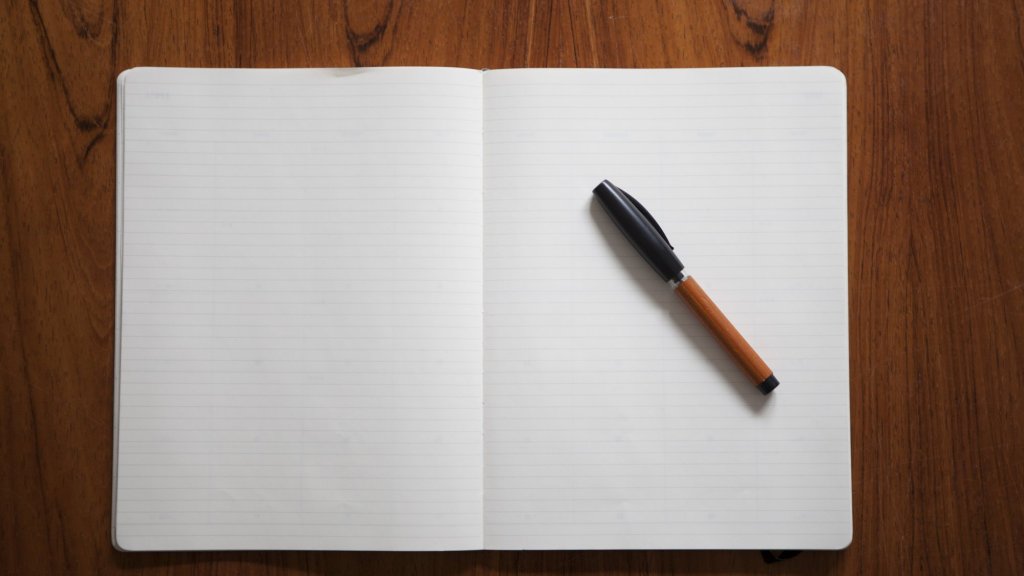No, not “why shouldn’t you type?” And no, not “why you must handwrite”. But more generally – why write at all? From a young age, we are told to read books and read lots of them. Whether we did this or not is besides the point – what matters is that this was the message: read.
Yet, somewhat less conspicuously promoted was the need to write. After all, to write requires a little more brain power than reading, despite the undoubted benefits that reading provides. Furthermore, there is also no guarantee that what you’re going to write is going to be any good or even coherent and readable. While not every book is a winner, you could hedge your bets and say that this week’s book club read or this term’s text will probably be better than the drivel most of us would produce or create.
However, writing is not solely designed to either just entertain or inform. Writing is so much more powerful and important than that. In fact, writing is essential for three main reasons…
First and foremost, writing is therapeutic. Daily writing allows one to explicate stresses and anxieties onto a physical, hard-copy page, making concrete and manageable those emotions that often seem too abstract and chaotic. More than just a hobby, writing can be a tool you can use to better your mental and, as a result, physical health.
Writing is also essential to the development of our verbal and communicative skills. In fact, there are few traits more desirable than being well-spoken. The ability to communicate succinctly and effectively reflects intelligence and intellect, and it is through regular commitment to writing that you can build the vocabulary, reasoning and rhythm needed to communicate properly.
Writing also allows you to construct coherent opinions and comprehensive thoughts. This may be in contrast to normative beliefs, as we often think of writing as conveying a preconceived idea or opinion. However, writing can (more powerfully, I’d say) allow us to develop those very ideas. Instead of concerning yourself with what you must write, focus on what you want to write – and then just write. Anything. Sooner or later, sentences and paragraphs and ideas and thoughts will fall into place on your page, as if extracting and completing a puzzle from thin air.

So, while it may seem a bold claim to say that writing can change your life, its effect doesn’t have to be this profound. Writing still provides a pathway to less stress, more effective communication and, perhaps, even a little more logic. And we could all do with some of that.

